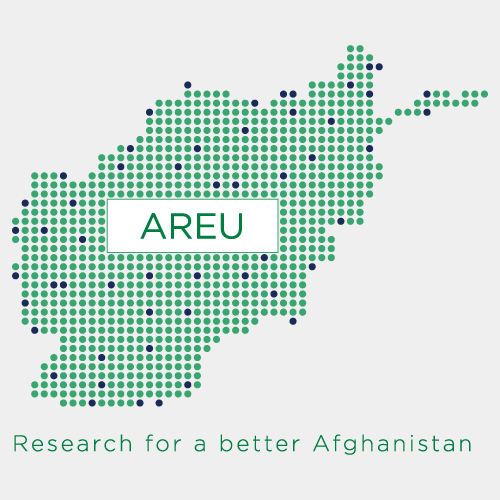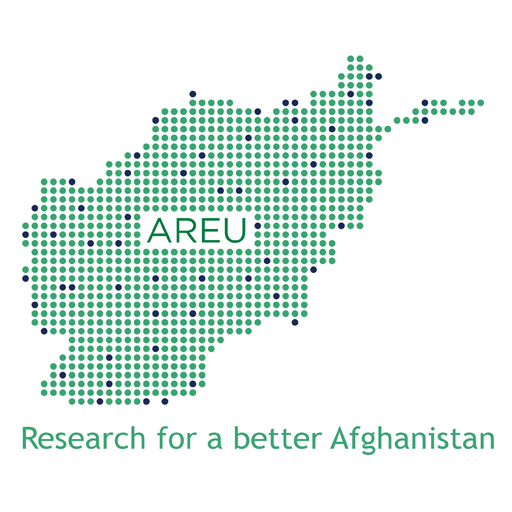
23 Feb Rural Livelihood Security and Opium Poppy Dynamics – Supporting Income Diversification and Transition Out of Opium Poppy
Posted at 07:41h
in
The overall objective of the research programme is to contribute to the creation of prosperous, stable and resilient rural communities by promoting sustainable economic growth and employment in rural areas and thus ensure rural livelihood security and stability.
Specific Objective:
The research undertaking will generate information and knowledge to support and improve policy and practice at the ARD sector and enhance its communication and advocacy components, to help achieve the goals of rural livelihood security and stability.
It was noted in the case studies conducted by AREU in the four provinces of Afghanistan, namely Balkh, Badakshan, Helmand and Nangarhar, that there is likely to be a return to widespread opium poppy cultivation in the more accessible and fertile areas. This may happen once NATO and the ANSF cease to operate outside the areas where in the state has had a history of control . Fragility of some of the areas is noted, even those that have seen diversification, in the wake of a fall in wage labour rates and pressure to leave the ANSF from anti-government elements (AGEs) in some areas.
This study, “Research on Rural Livelihood Security and Opium Poppy Dynamics – Supporting Income Diversification and the Transition Out of Opium Poppy†will examine the factors which will help usher a smooth transition for an area to get out of opium production and the factors that show the risks of a return to production.
Purpose
The purposes of this study are as follows:
• to develop a better understanding of the processes that have supported the expansion of licit income opportunities and the moving out of opium poppy cultivation in these areas.  An inter-provincial comparison will better draw out the lessons learned than the current focus on provincial case studies.
• to document the nature of the moving out of opium production by gathering quantitative data on crop budgets, the net returns on different cropping systems and the household income generated through non-farm income opportunities. Such data will be combined with remote sensing data and qualitative fieldwork in the provinces of Kandahar, Nangarhar, Helmand and Balkh.
• to capture and identify new developments (‘Watching Brief’ for areas of policy/operational significance to be researched on a pilot basis) in the field while conducting the study in the four study areas–and give recommendations to be pursued in further assessing areas of policy/operational significance to be researched on a pilot basis.

